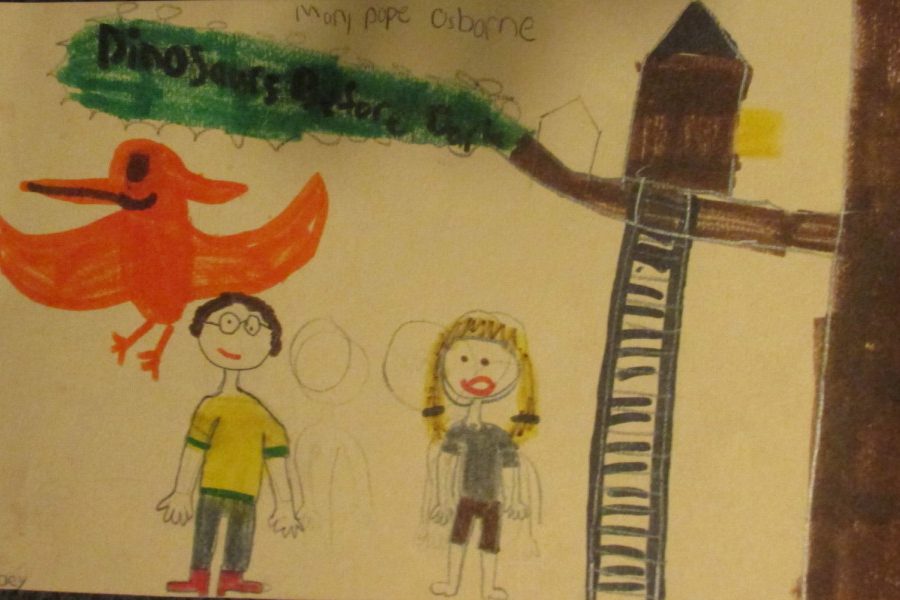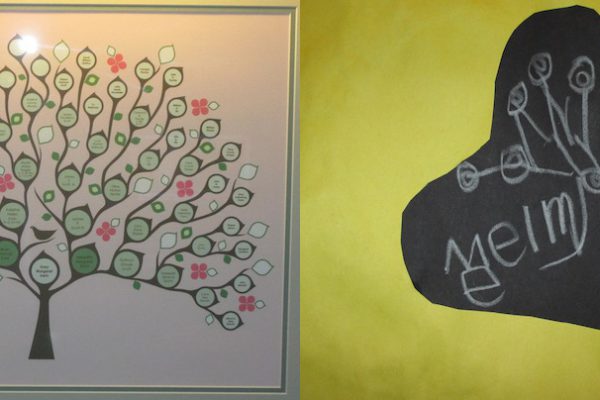
My seven-year-old daughter recently attended a two-hour day camp with a River Wildlife theme for a week. Wildlife on The River – the St. Lawrence River – includes fish, osprey, frogs, otters, and herons (the five themes for five camp days). So I was perplexed when I picked her up on frog day, and she showed me a drawing of a toucan being sucked into a black hole.
Later that day we were walking on the island, and she started asking “what if?” questions about Peter and the Star Catchers, a series we are listening to during our summer car rides.
Aha! So here was the connection to tropical birds and space!
In these prequels to Peter Pan, Peter and his friend Molly help the adult star catchers find and return the mysterious and powerful star stuff to its rightful location while defeating devious and scary pirates (who live on a desert island…with tropical birds). My daughter can spin what if questions for hours, and most often the questions wrap together stories from books (such as these) and facts from school. They often also lead her on investigations – after Book Two: Peter and the Shadow Thieves, she needed to know about lunar eclipses.
So I listen and engage in the endless “what ifs”.
I recently conducted an informal poll of seven-year-old girls on why they love Jack and Annie and the books from the Magic Tree House series written by Mary Pope Osbourne. To my surprise, the girls will read and reread these books; they gave me three reasons:
- Magic – not only the magic of the tree house but also the magic of Merlin and Morgan.
- Adventure – made more exciting by the fact that it never ends.
- History – they like that the magical stories take place in reality.
Mary Pope Osbourne hit on the perfect blend of truth and magic to hook kids at this age, because:
- Fine-tuning of the brain’s neural connections – a process called pruning – increases processing speed, efficiency, and engagement in complex thinking and planning.
- Seven-year-olds are curious – they ask questions to satisfy their need to know and apply lessons to creating complex and creative strategies to solve problems.
- “They can absorb information with enthusiasm and they frequently remember remarkable detail about subjects that interest them.”
Thanks to what they’ve read, I can observe them sorting out cause and effect, defining good and bad behavior in different scenarios and with different people, and negotiating where true mystery is in this world. This feeds into their imaginary play, art work, and their book choices.
Right now the “what if?” questions might be about toucans and black holes, but as my daughter gets older, I will enjoy sharing new stories that will continue to give me insight into her questions about the world and her place in it.


